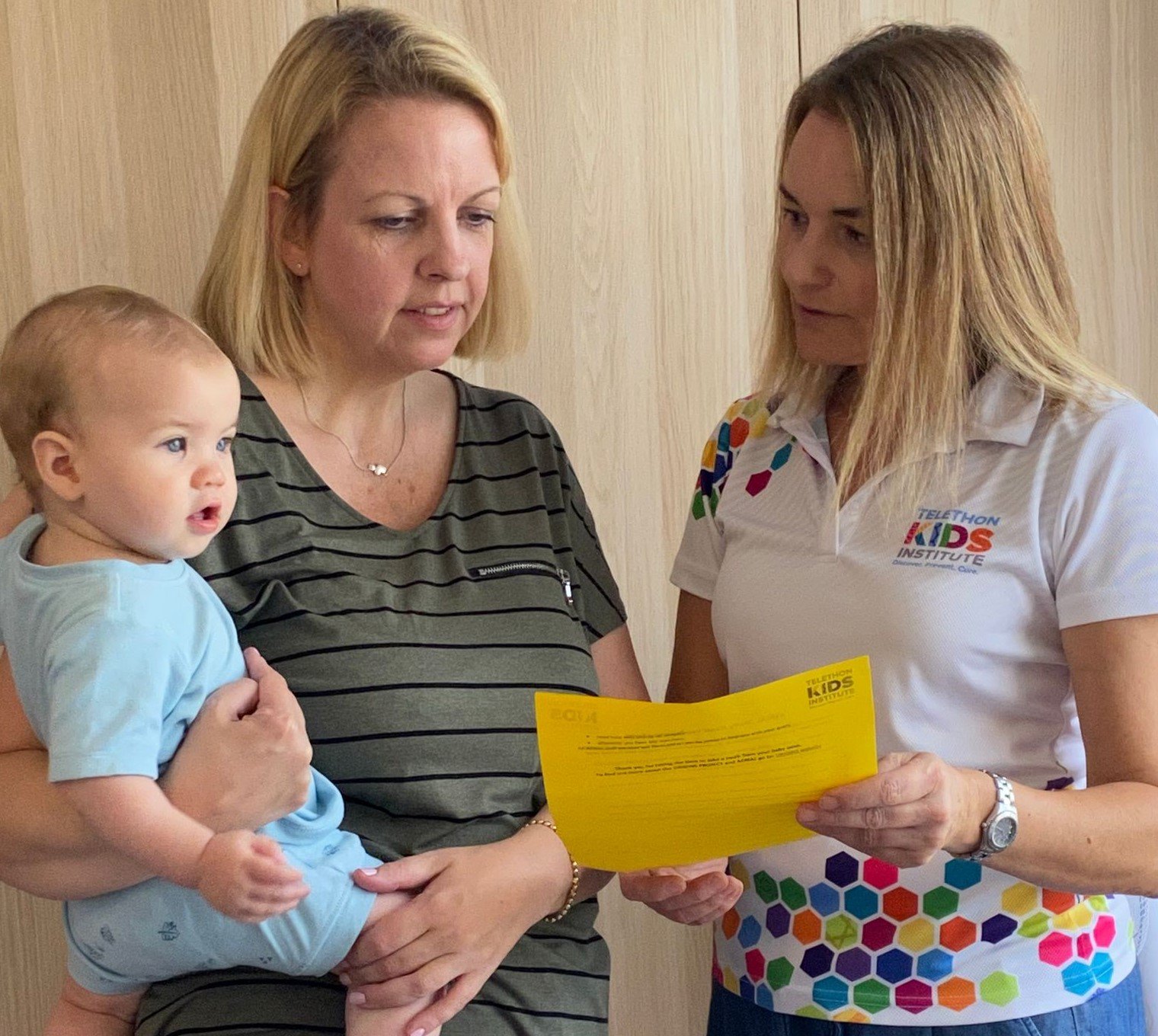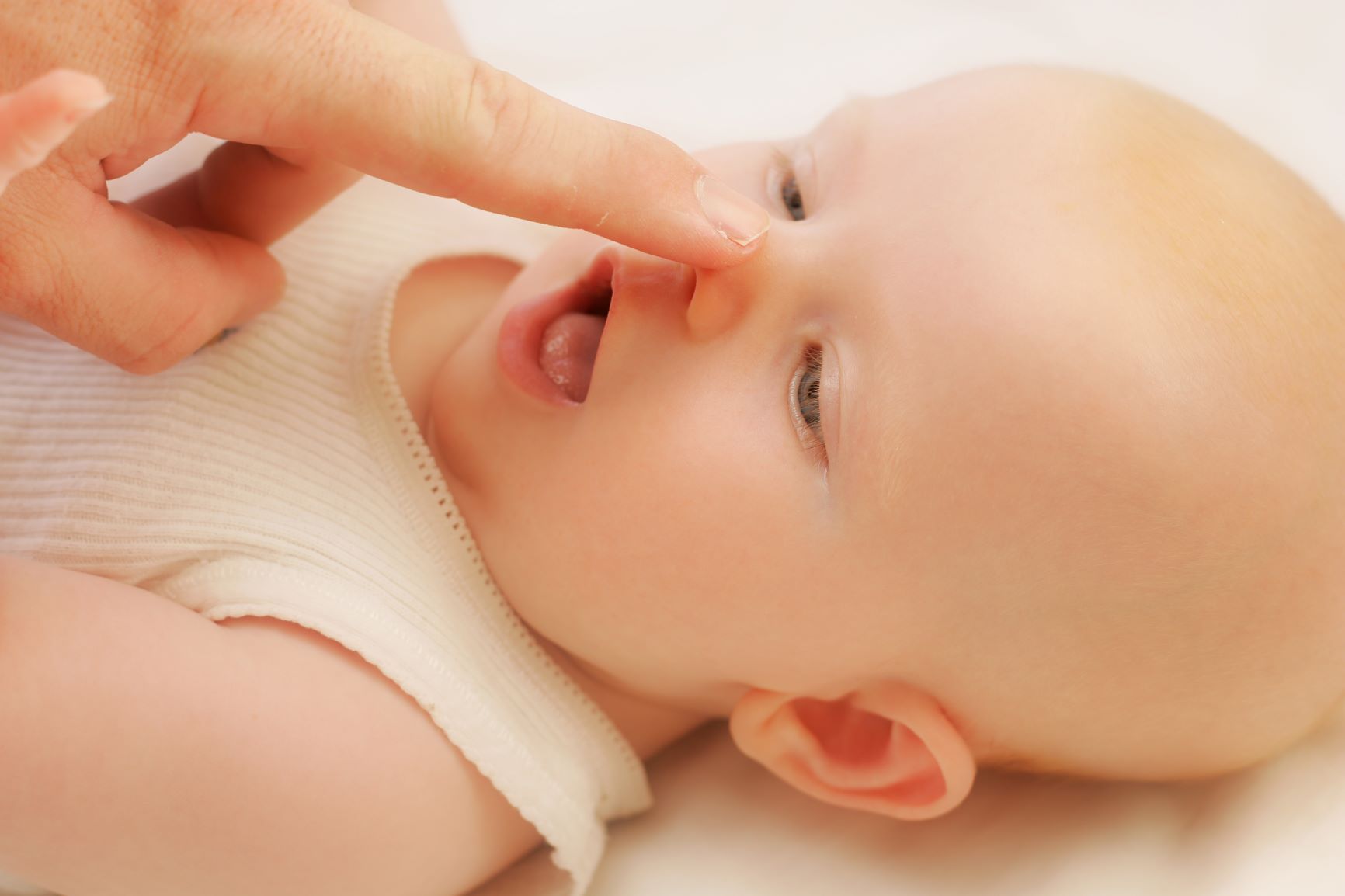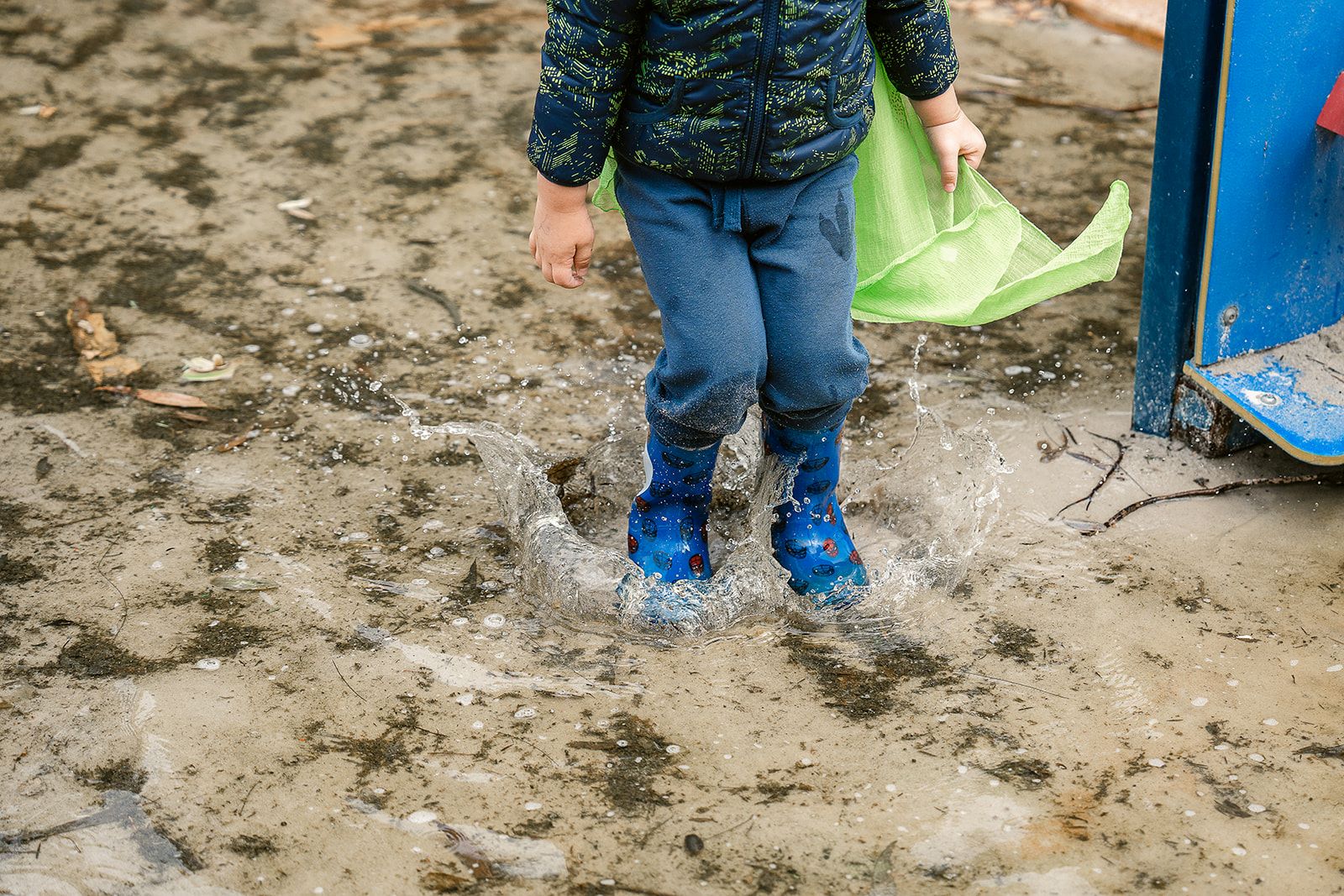Search
Get in Touch Dropping off a sample or attending a Kids Check appointment? Visit us at our Edgewater clinic. The Kids Joondalup Shop 51, Joondalup
Get in Touch Dropping off a sample or attending a Kids Check appointment? Visit us at our Edgewater clinic. The Kids Joondalup Shop 51, Joondalup
Information about withdrawing from the study

Find answers to frequently asked questions about ORIGINS.

With 24% of Australian children entering school developmentally vulnerable, The Flourishing Child study is developing a tool to help parents and carers to best support their child's flourishing.

Breastfeeding and Eating Nuts and Eggs for Infant Tolerance

Investigating the possible contributors to childhood lung disease by studying the epithelial cells from the nose at birth.

Testosterone and Language in Kids

Helping families to unlock the mental and physical health benefits of connecting with nature and community through outdoor play - easily, and locally.

Exploring ideal timepoints for early diagnosis and intervention and the impact this has on improving family healthcare.
